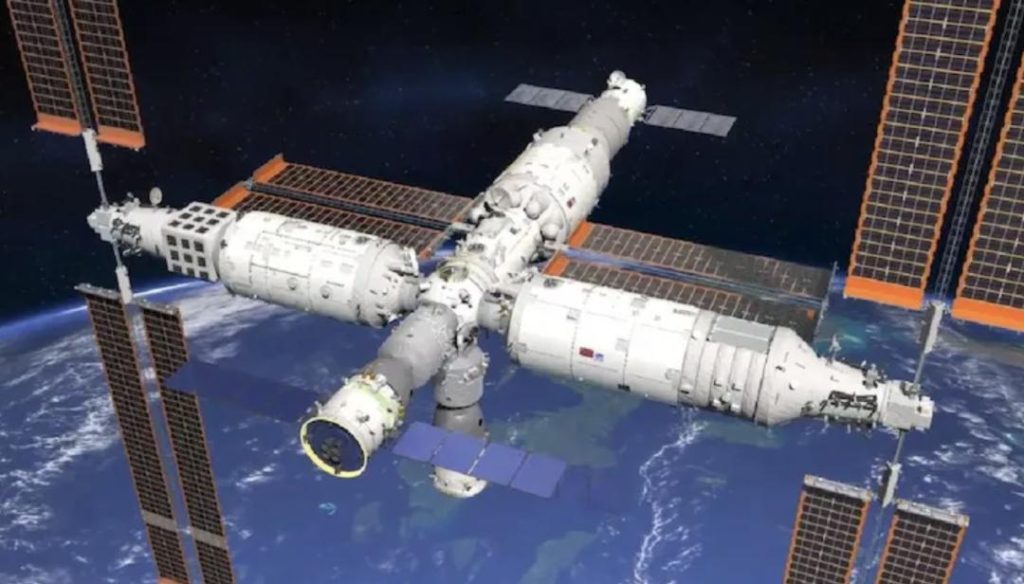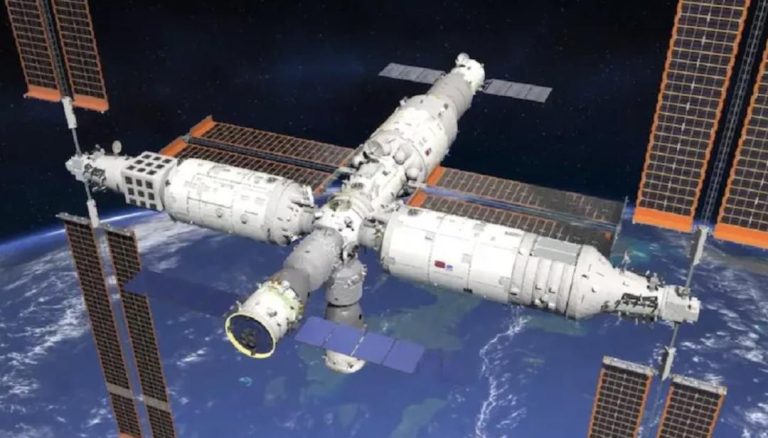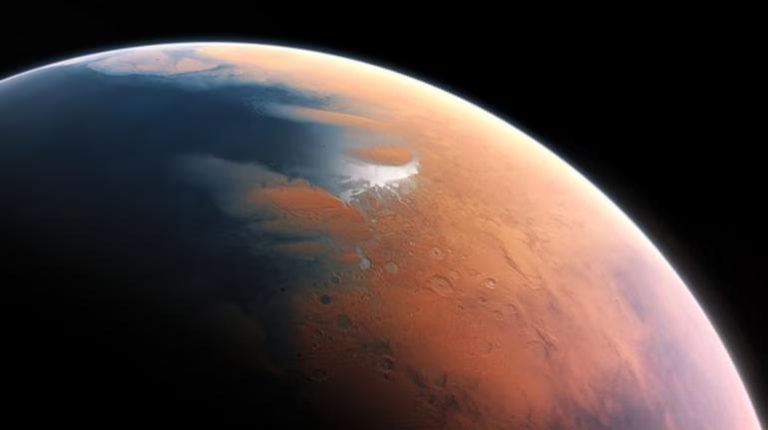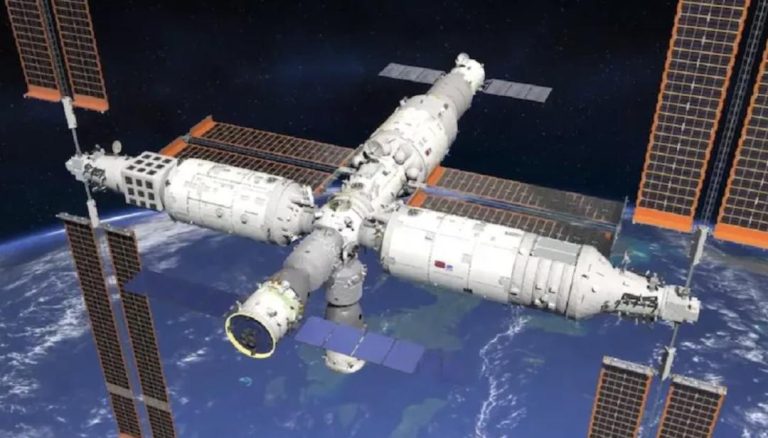
China to Train & Launch Pakistani Astronauts for the 1st Time
In a historic move, China has announced that it will be training and launching Pakistani astronauts for the first time. The China Manned Space Agency (CMSA) has revealed that two Pakistani astronauts will receive spaceflight training in China as part of a joint mission to the Tiangong space station. This marks a significant milestone in the bilateral relationship between the two countries, as Pakistan will become the first foreign country to have astronauts trained and launched by China.
As per the announcement, the training program is part of a bilateral agreement between China and Pakistan to train and send Pakistani astronauts to China’s space station. The CMSA has confirmed that the two Pakistani astronauts will undergo rigorous training in China, which will prepare them to participate in a joint mission to the Tiangong space station.
The news has sent shockwaves of excitement across the globe, with space enthusiasts and scientists alike hailing the move as a major breakthrough in international cooperation in space exploration. The announcement has also sparked widespread interest in the potential benefits of this collaboration, including the sharing of knowledge, expertise, and resources in the field of space exploration.
So, what does this development mean for Pakistan and China? What are the implications of this historic partnership, and what can we expect from this joint mission to the Tiangong space station?
A Step Forward in Bilateral Relations
The training and launch of Pakistani astronauts in China is a significant step forward in the bilateral relations between the two countries. The move demonstrates China’s commitment to strengthening ties with Pakistan and promoting cooperation in various fields, including space exploration.
The partnership between China and Pakistan in space exploration is not new. In 2012, the two countries signed an agreement to cooperate in the field of space science and technology. Since then, China has provided Pakistan with technical assistance and training in various areas, including satellite development and launch services.
However, this latest development takes the partnership to a new level, as Pakistan becomes the first foreign country to have astronauts trained and launched by China. The move is seen as a major boost to Pakistan’s space program, which has been working to develop its capabilities in this field.
The Tiangong Space Station
The Tiangong space station is a modular space station developed by China, with the first module launched in 2011. The space station is designed to be used for a variety of purposes, including scientific research, technology development, and space exploration.
The Tiangong space station is equipped with a range of facilities, including laboratories, living quarters, and life support systems. The space station has a total mass of around 8.5 tons and is capable of supporting a crew of three astronauts for up to 30 days.
The joint mission to the Tiangong space station will provide Pakistani astronauts with valuable experience and training in space exploration. The mission will also allow them to work alongside Chinese astronauts and participate in various scientific experiments and activities on board the space station.
Implications for Space Exploration
The training and launch of Pakistani astronauts in China has significant implications for space exploration. The partnership between the two countries demonstrates the potential for international cooperation in this field, and highlights the benefits of sharing knowledge, expertise, and resources.
The partnership also opens up new opportunities for Pakistan in space exploration, including the development of its own space program and the launch of Pakistani astronauts into space. The move is seen as a major boost to Pakistan’s space program, which has been working to develop its capabilities in this field.
The partnership also has implications for the global space community, as it demonstrates the potential for international cooperation in space exploration. The move is seen as a major step forward in promoting peace and cooperation among nations, and highlights the importance of sharing knowledge and resources in this field.
Conclusion
The training and launch of Pakistani astronauts in China is a historic development that marks a major milestone in the bilateral relationship between the two countries. The partnership demonstrates China’s commitment to strengthening ties with Pakistan and promoting cooperation in various fields, including space exploration.
The joint mission to the Tiangong space station will provide Pakistani astronauts with valuable experience and training in space exploration, and will allow them to participate in various scientific experiments and activities on board the space station. The partnership also opens up new opportunities for Pakistan in space exploration, including the development of its own space program and the launch of Pakistani astronauts into space.
As the world looks to the future of space exploration, the partnership between China and Pakistan serves as a reminder of the potential for international cooperation in this field. The move is seen as a major step forward in promoting peace and cooperation among nations, and highlights the importance of sharing knowledge and resources in this field.
News Source:






